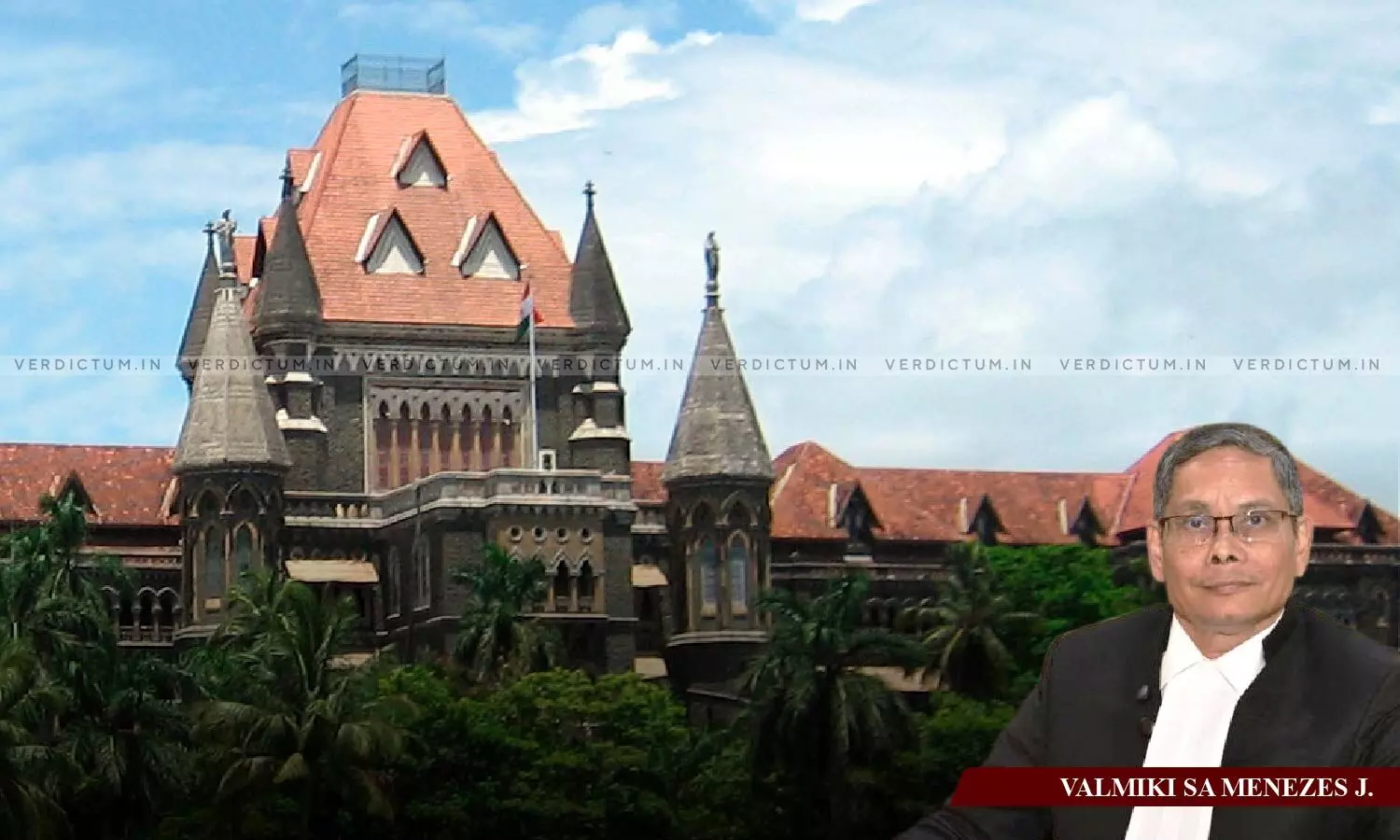
Sec 379 (1) Indian Succession Act: Payment Of Requisite Fee Which May Be Expunged At Time Of Final Order Is Not Mandatory: Bombay HC
 |
|Navigating through a conjoint reading of Sections 372 and 379(1) of the Indian Succession Act, 1925, the Bombay High Court held that deposit of the sum to be expended on the fee referred to in Sub-section (1) of Section 379 was not mandatory, and non-deposit of the same along with the filing of an application for issuance of Succession Certificate under Section 372, affected neither the maintainability of the application nor the jurisdiction of the Court in deciding the application.
This decision came in reference to a petition challenging the order passed by the Civil Judge, Senior Division, Amravati on an application seeking the dismissal of a petition filed by the Respondents under Section 372 of the Indian Succession Act, 1925 for non-payment of the requisite fee under Section 379(1) of the Act.
Further, the Single-Judge Bench of Justice Valmiki S.A. Menezes observed that “The jurisdiction of the Court to proceed to hear an application for issuance of a Succession Certificate would not depend upon whether the sums specified under Sub-section (1) of Section 379 has been deposited or not; however, a combined reading of Sub-section (1) & (3) of Section 379 of the Act, would suggest that the Court would not issue a Succession Certificate on the culmination of the proceedings, to a party declared as a successor or having a share in the estate, unless the requisite court-fees payable on such share is paid before issuance of such a certificate”.
Advocate J.J. Chandurkar appeared for the Petitioners, whereas Advocate Palakh Agrawal appeared for the Respondent.
The Bench navigated through the provisions of the Act of 1925 and stated that Section 379 did not prescribe for the payment of requisite court fee along with the application but prescribed the deposit of a sum of money in the Court, which would be ultimately expended, under orders of the Court, towards the purchase of stamp to be used for denoting the fee payable on the value of each of the shares of the successors.
In the event of the Court deciding not to allot any share or to dismiss the application, the parties who have deposited such sum would be entitled to a refund of the same in terms of Sub-Section (3) of Section 379, added the Bench.
The Bench clarified that the scheme of Section 379 itself denoted that the sum to be deposited was not an actual court fee under the Court Fees Act,1870 but an amount which may be expended or refunded, at the time of final orders to be passed on the application.
“It would stand to reason therefore, that the provision of Section 379 could not be mandatory and require such a sum or fee to be deposited as a sine qua non for the maintainability of an application under Section 372 of the Act”, added the Bench.
The Bench went on to state that neither Section 372 nor Section 379 laid down that a Court dealing with such an application would lack jurisdiction to proceed with the matter in the absence of the sum required to be deposited under Sub-section (1) of Section 379.
Accordingly, the Bench dismissed the petition after finding that the order was fully in consonance with the provisions and interpretation of Section 372 read with Section 379 of the Act of 1925.
Cause Title: Prakashchandra Deokaranji Bhoot and Ors. v. Manoharlal Deokaranji Bhoot and Anr.
Click here to read/download the Judgment